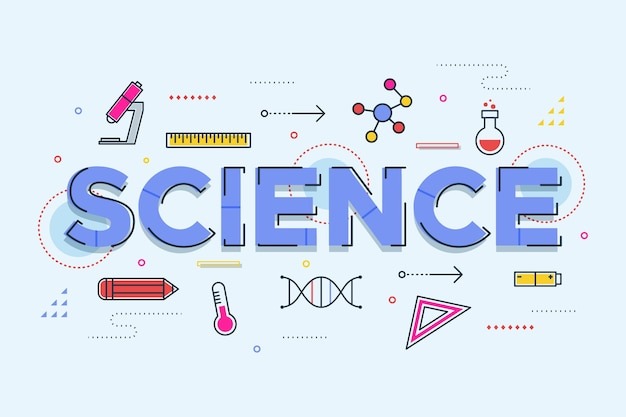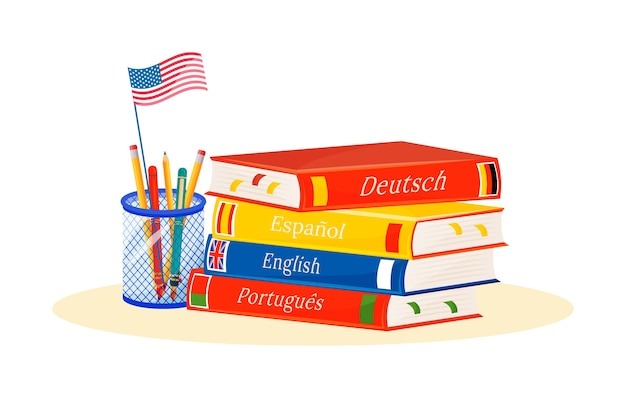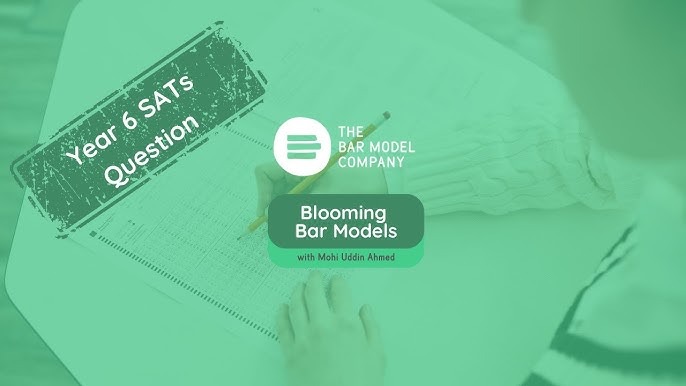“Well-designed visuals do more than provide information; they bring order to the conversation.” – Dale Ludwig, Chief Scientific Officer, and Greg Owen-Boger, Director of Technology. Truly, by creating conversation, visual aids can increase the comprehend of students in-class teaching. In reality, visual aids are widely optimized in teaching, especially for children. So, how to use visual aids for learning? And, how can visual aids transform knowledge in primary school? Let’s find out.
3 Ways to Use Visual Aids for Learning in the Classroom
The easiest way to apply visual aids for learning is to figure out how they are used in each subject. However, as various subjects are taught in primary school, here we just select the 3 most common groups. These are Math, Science, and Geography; Fine Arts and Music; and Foreign Language.
| Maybe you are interested in: > The power of visual in teaching and learning |
Indeed, each subject has its own problems that make it hard for students to absorb. Furthermore, visual aids play a different role in each case to make the knowledge more lively. So, what are the uses of visual aids in the classroom? Here is the application for each specific subject.
1. Math, Science, and Geography
Problems
Undeniably, kids are irrational thinkers. In other words, they receive information randomly and inactively. Different from other subjects, Maths, Science, and Geography require learners an ability to analyze and think logically. For that reason, primary students mostly find it hard to understand it.
Furthermore, these subjects are mostly about the facts, charts, and numbers. With kids, they are quite dry and boring. At this age, they mostly think about ways to entertain such as watching animations and playing video games. For that reason, psychologically, kids will oppose receiving tedious information.
The application of visual aids
Visual aids for learning could help explain a complicated process or complex equation for learners in an easier way. Take examples with math visual aids. You can use kids’ favorite objects such as animals, fruits, or animated characters to describe addition equations. Also, visual aids can illustrate nature, the ecosystem, or the scientific process in Science. So take a look at an example of science visual aids to see how a magical scientific topic is delivered visually.

Furthermore, it is easier for teachers to make a highlight or sum up the lesson with visual aids. To do this, teachers can use infographic, picture or slide with interesting image, vibrant color, and funny characters. As a result, students can easily recall the knowledge through these elements.
| Recommended reading: > Science animation: how to make scientific subjects fun ? |
2. Art and Music
Problems
Art and Music are subjects which could develop the ability of creativity and critical for learners in whatever aspect of life. In common sense, these subjects should be accessible to everyone. However, if kids feel that they are less talented than others, they might be scared to learn it. As a result, the lack of confidence can lead to the restrain to learn Fine Arts and Music.
The application of visual aids
With visual aids, teachers can show learners that art and music are a part of life. So, there is no range point for the piece of art. To help students overcome their fears, visual aids can show where music and art could come from. For example, music can be created with a knife and plate. Or, art is just simply a combination of different cubes and colors. Therefore, there are no poor artworks. Their artwork is just special in different ways.

Furthermore, visual learning aids can kick off the kids’ creativity. Picasso once said “Good artists copy, great artists steal”. Inspiration and creativity come from observing others’ artworks. Showing kids various artworks and music can help them brainstorm an idea for their products in the future.
3. Foreign Language
Problems
Truly, learning a new language means learning tons of grammar and rules. To fluently at one language, learners need to constantly revise and learn it by heart. At first, kids are very excited about learning a new language. However, they don’t have that much patience for one subject. Indeed, they are likely to give up after a few tries. As a result, this subject could be useless for them compared with others.
The application of visual aids
One of the most effective visual aids for learning a language is flashcards. Usually, flashcards have two sides. One side is a picture that represents the meaning of the word behind it. By looking into the picture, learners can learn by heart and recall the new words easily. Visual aids play a big role in learning a foreign language.
Furthermore, some teachers also use music songs, or pictures in textbooks to help students visualize the new words easily. For example, Mnop Kids uses animation videos with catchy music songs to teach preschool kids the English alphabet. As a result, kids can remember the new words in a long time.
Case Study: The Application of Visual Aids in Teaching Math by Bar Models
1. Background of Bar Models
Bar Models company is a specialist in visual Math and problem-solving. They have different courses in seminars and in-house training for schools all over England and beyond. By this unique method, Bar Models can help students learn Math in a real scenario and think critically. Furthermore, learners could visualize the process needed to find the answers.
2. Problems of Bar Models
Since the teaching method of the company is using bars to illustrate Math, visual aids play a main role in the process. With this technique, Bar Models need to transfer their information into the visual to help students better understand Math equations and theories. Furthermore, in this campaign, they focus on the students in primary school and under. Therefore, they need to simplify their knowledge in the easiest form to comprehend.
3. How do visual aids help Bar Models?
First, Bar Models started with what children love the most – it’s animation, instead of choosing slides or purely images as visual aids for learning. With animation, juniors can easily image, explore, and understand different Math equations. With an eye-catching design and the combination of story-telling and voiceover, Bar Models explained to students how to solve addition, subtract, multiply, and divide. Specifically, it’s not about a calculation, it’s about a story of how to divide a cake equally for 3 friends. And, it also helps students to improve their mathematical thinking.
Next, Bar Models also uses many funny and familiar animated characters in their animation to turn a difficult subject into the most entertaining one. Specifically, they design a pack of playing cards with 40 characters. Students can learn and play with these cards to practice Math.
Conclusion
To sum up, visual learning aids are successfully applied in primary school. And, Bar Models is the most representative example that clearly shows the potential of visual aids in teaching. By now, we hope that you can understand more about the usefulness of visual aids in the classroom and apply it to your future work.

Sean Bui, the founder and creative director of F.Learning Studio, is a respected leader in the e-learning and multimedia production industry. With over 10 years of experience, he has dedicated his career to helping organizations create engaging and impactful learning experiences.
Under his leadership, F.Learning Studio has grown into a trusted partner for organizations in the education, healthcare, and corporate training sectors, producing over 2,000 minutes of educational animation.





![5 Best Animated Video Production Companies [Update 2023] 7 review 5 animated video production house](https://flearningstudio.com/wp-content/uploads/2021/06/312x200-5-420x370.jpg)

